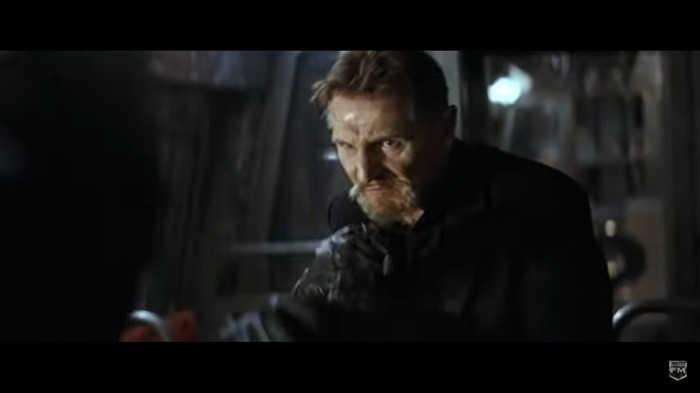Batman Begins, directed by Christopher Nolan and released in 2005, is the first instalment in the rebooted Batman film series, often referred to as The Dark Knight Trilogy. The film explores the origins of Bruce Wayne's transformation into Batman and sets the stage for the series' darker and more realistic take on the superhero genre. The ending of Batman Begins is a pivotal moment in Bruce Wayne's journey and the establishment of Batman as a symbol of justice in Gotham City.
Showdown at Arkham Asylum
Batman Begins’s climax takes place at Arkham Asylum, where the main antagonist, Ra's al Ghul (played by Ken Watanabe and later revealed to be Liam Neeson), plans to release a fear-inducing toxin into Gotham City's water supply, causing mass panic and destruction. Batman (Christian Bale) races to the asylum to stop Ra's and his League of Shadows from carrying out their nefarious plan.
The Battle with Ra's al Ghul

Batman confronts Ra's al Ghul, who is leading a powerful monorail system loaded with the fear toxin towards Gotham's central hub. Their intense hand-to-hand combat showcases Batman's formidable combat skills, acquired through his rigorous training with the League of Shadows.
The Tumbler and the Monorail
Meanwhile, Lucius Fox (Morgan Freeman) and Alfred Pennyworth (Michael Caine) work together to remotely guide the Tumbler, Batman's armored vehicle, and stop the monorail from reaching its destination. This action sequence is a culmination of the film's exploration of Batman's technology and resourcefulness.
Ducard's Revelation
During their battle, Ra's al Ghul reveals to Bruce Wayne that he is, in fact, Henri Ducard, one of Bruce's former mentors within the League of Shadows. Ducard accuses Bruce of being too attached to Gotham and failing to embrace the League's ruthless ideology, which leads to their ideological clash.
The Final Confrontation
The climax reaches its peak as Batman defeats Ra's al Ghul and narrowly escapes the exploding monorail. However, he is unable to save Ducard, who perishes in the crash. This moment marks Batman's final rejection of the League of Shadows' extremist ideals and a turning point in his commitment to protecting Gotham.
The Tumbler's Destruction
Batman's showdown with Ra's al Ghul results in the Tumbler's destruction, as it careens off the tracks and crashes in an explosive spectacle. The destruction of the Tumbler symbolizes Batman's break from the League of Shadows and his commitment to a new path as Gotham's protector.
Jim Gordon's Trust
Batman Begins’s ending sees the establishment of a new partnership between Batman and Detective James Gordon (Gary Oldman). Batman provides Gordon with the Bat-Signal, a signal device that will allow Gordon to call upon Batman when needed. This marks the beginning of their alliance in maintaining law and order in Gotham.
The Creation of Batman's Legend
Batman's actions throughout the film inspire the citizens of Gotham. His persona begins to take root as a symbol of hope and justice. This is emphasized when a young boy initially mistakes Batman for a giant bat, and Batman encourages the boy to "swear to me" that he will become a good citizen. This scene underscores Batman's mission to inspire and protect the innocent.
Rachel Dawes' Decision
Throughout the Batman Begins, Rachel Dawes (Katie Holmes), Bruce Wayne's childhood friend and love interest, is torn between her feelings for Bruce and her commitment to the law. She decides to break off her relationship with Bruce, feeling that he is becoming too consumed by his quest for justice.
Bruce's Transformation
As the Batman Begins concludes, Bruce Wayne solidifies his resolve to become Batman and protect Gotham City from the criminal elements that threaten it. He embraces his role as a symbol of hope and justice, leaving the audience with a sense of anticipation for his future adventures.
The ending of Batman Begins is significant in that it establishes the foundation of Bruce Wayne's transformation into Batman and sets the stage for the evolution of his iconic persona. It also highlights the duality of Batman's character, as he balances his role as a vigilante with his mission to inspire the citizens of Gotham to be better. The film's ending encapsulates the themes of fear, justice, and the enduring legacy of Batman, setting the tone for the subsequent films in The Dark Knight Trilogy.






